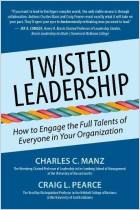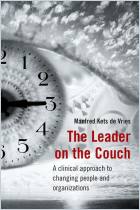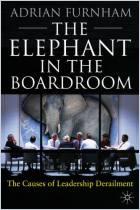
Book
Destructive Leadership in the Workplace and its Consequences
Translating theory and research into evidence-based practice
Recommendation
Psychologist Vicki Webster and professor Paula Brough offer a comprehensive survey of research on the causes and impact of leadership that causes harm. They describe personality traits that predispose a leader to bad behavior, dissect the corporate cultures that enable this conduct, and describe the efficacy of various mitigation strategies. While few studies examine corporate responses to leadership problems, Webster and Brough offer approaches that hold promise.
Summary
About the Authors
Vicki Webster, PhD, is the founder and director of Incisive Leaders. Paula Brough is a professor of organizational psychology at Australia’s Griffith University.

















Comment on this summary